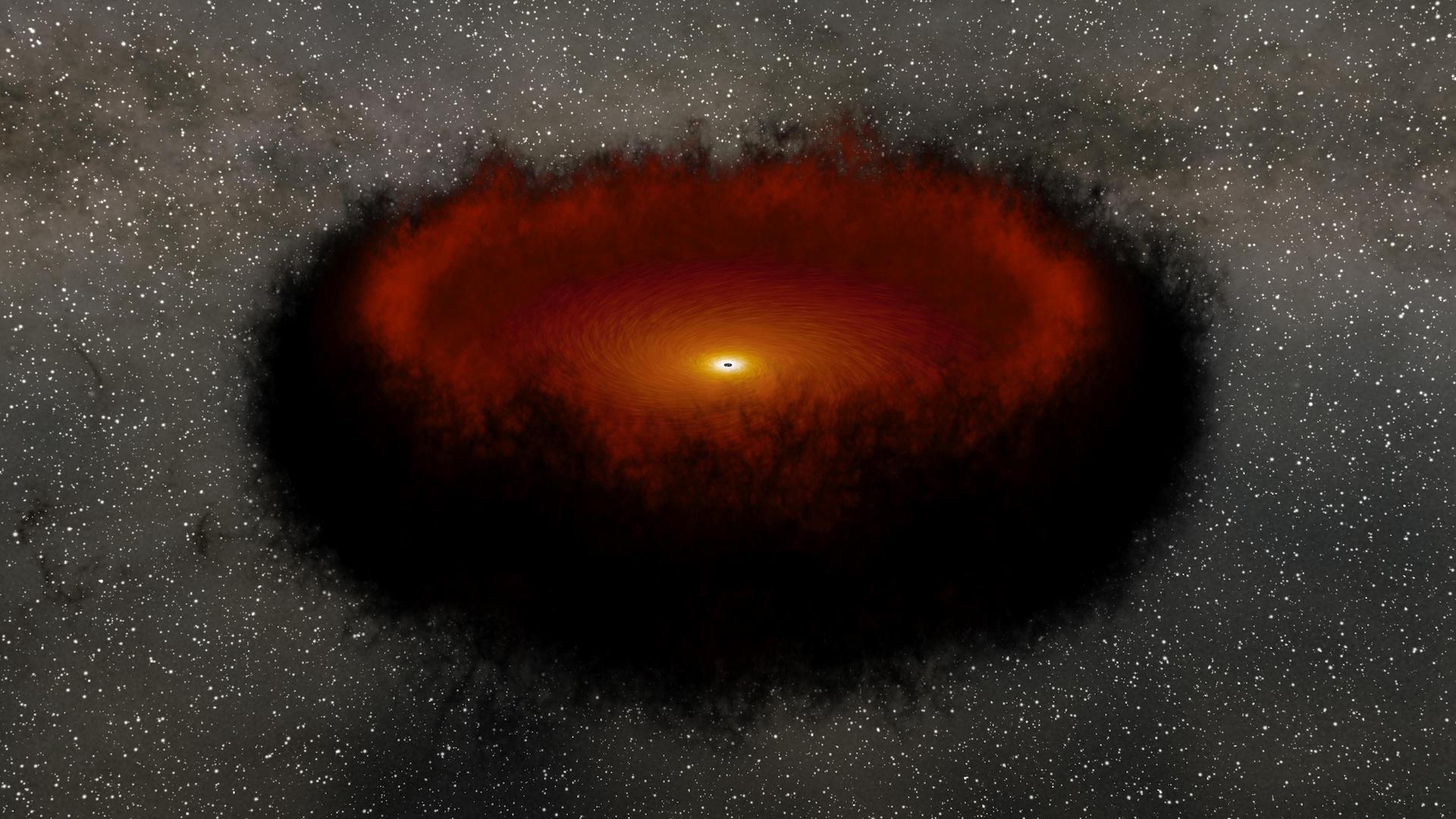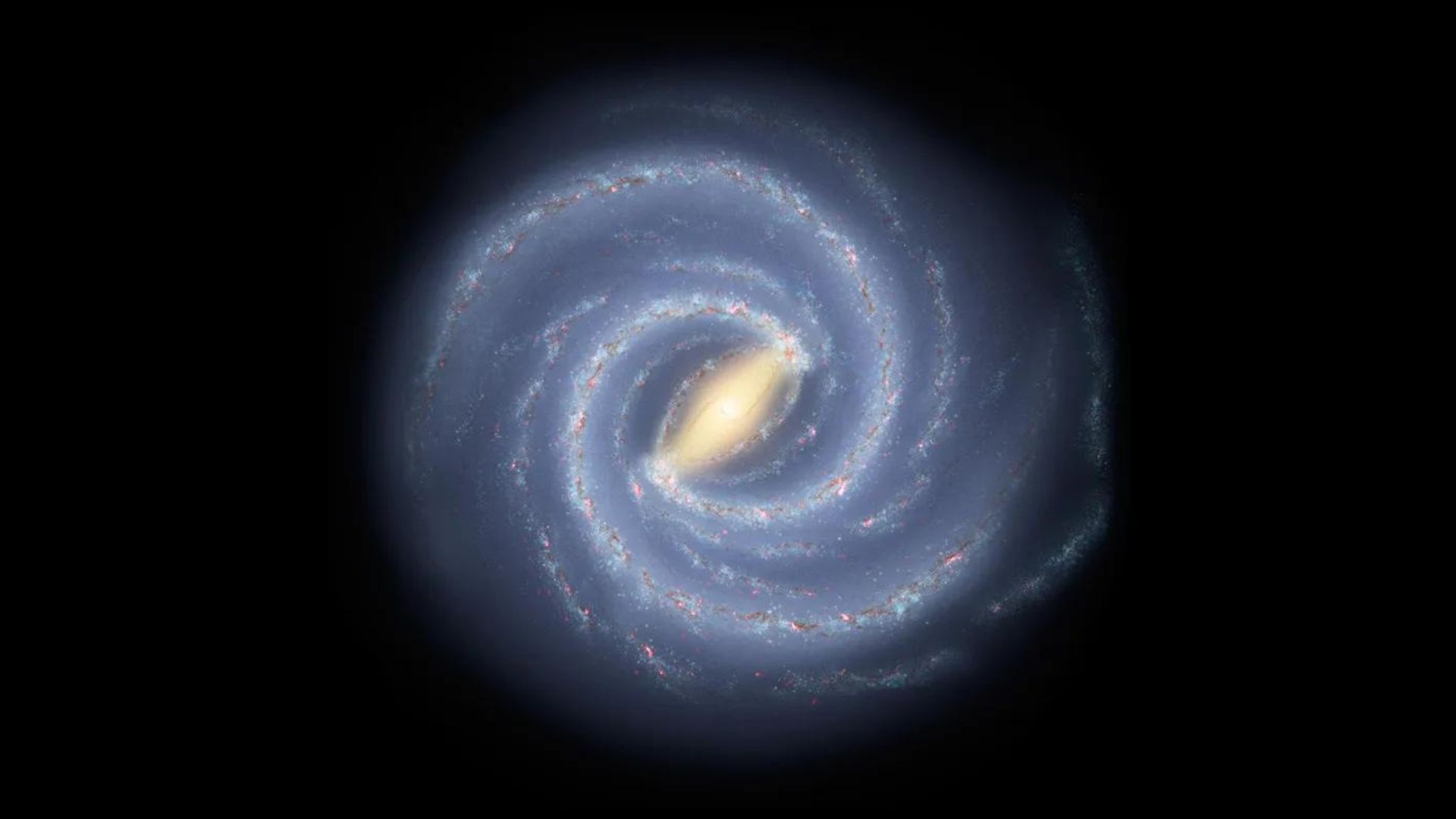Religions, Vol. 14, Pages 1405: Radical Democracy’s Religion: Hobbes on Language, Domination, and Self-Creation
Religions doi: 10.3390/rel14111405
Authors: Charles H. T. Lesch
In recent decades, prominent political theorists have responded to perceived flaws in liberalism by proposing more “radical” forms of democracy. What might a radically democratic state look like? I argue that we can find one answer, counterintuitively, by looking back to the thought of Thomas Hobbes. Hobbes’ secularized theory of language introduces into political life a new way of conceiving human agency, one in which the commonwealth fills not only the negative role of stemming conflict, but the positive task of actualizing self-determination. By collapsing the distance between the true source of man’s politics and the nature of governance, Hobbes inaugurates a tradition of radical democratic thought that seeks to close the oppressive rupture of word and deed, maker and made. Yet rather than diminishing religious experience, Hobbes reconstitutes it in a new, profane, and political form. He invites us to acquire a capacity long reserved for God alone: the power to create human nature itself.

 6 months ago
33
6 months ago
33


